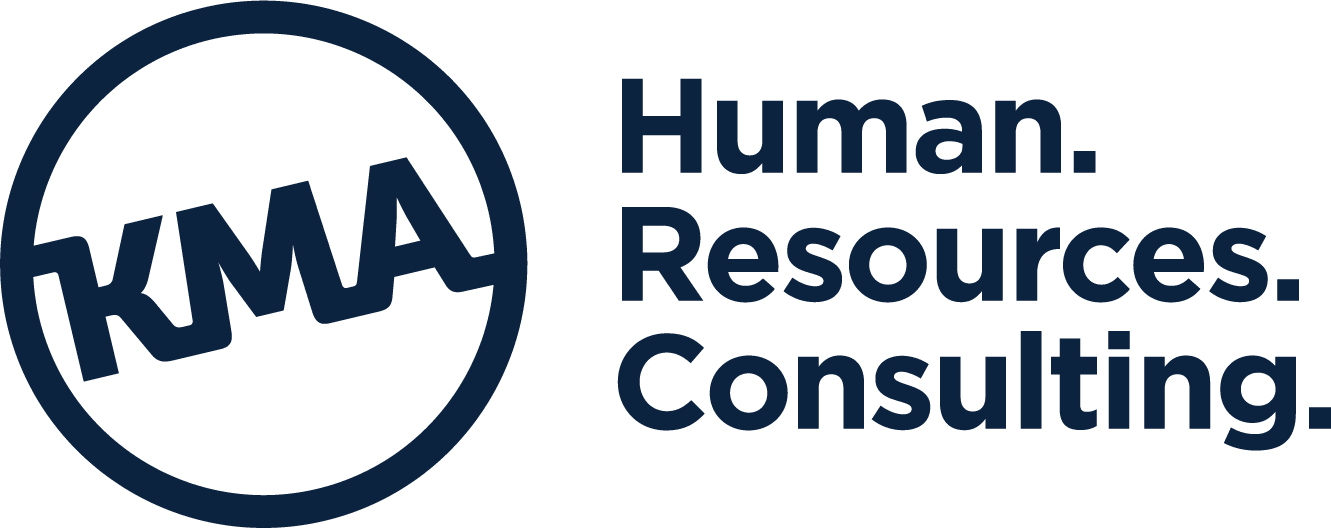
By Kari Meillat
KMA Compensation Manager
In the pre-pandemic “before times,” the US was experiencing record low unemployment rates, rising wages, and a very tight labor market. While the impact on compensation and employment varied widely by industry, position, and even geography, 2020 indicated a vastly different compensation environment than what we saw in 2019.
The uneven impact of the pandemic on compensation has meant that some employees were furloughed, and some experienced temporary reduced pay or were laid off, some dropped out of the workforce to care for family, while others received promotions and raises. These contrasting circumstances within an organization can adversely impact its performance in terms of equitable pay. Pay equity practices to resolve wage disparities based on race, gender, and other sociopolitical identity markers can be a strategic advantage, and should become a top priority for leadership and HR departments as we plan for a post-pandemic future — in which some economists are predicting a roaring 20s style expansion. In addition, we have seen the importance of planning for extraordinary circumstances. In personal finance it is recommended that people maintain a contingency fund to deal with the unexpected, and organizations should adopt a similar approach.
Transparency will also be critically important going forward. Employees will want to know when they can expect their next merit or cost of living increase, how the company determines levels of pay, how they can increase their compensation over time, and how these decisions are made. They will also want opportunities to grow and develop. Compensation is just one piece of total rewards; benefits, work-life balance, professional development, and recognition will be increasingly important as we exit the pandemic.
Here are five key areas to plan for and consider:
- Total Rewards – Are you reviewing or updating your total rewards package post-pandemic?
- Managing a Remote Workforce – Will you offer full-time remote positions and search for talent nationwide and how will you manage compensation for these employees?
- Employee Retention – Do you have any post-pandemic retention plans in place?
- Pay Equity – Have you reviewed your compensation to ensure it is equitable for employees?
- Contingency Planning – What can you do to prepare for the next emergency event in order to preserve wages and maintain your workforce?
If you’d like to resolve these questions for your organization, or learn more about how KMA can help with your compensation structure, please reach out to Kari any time at: kari@kmahr.com
